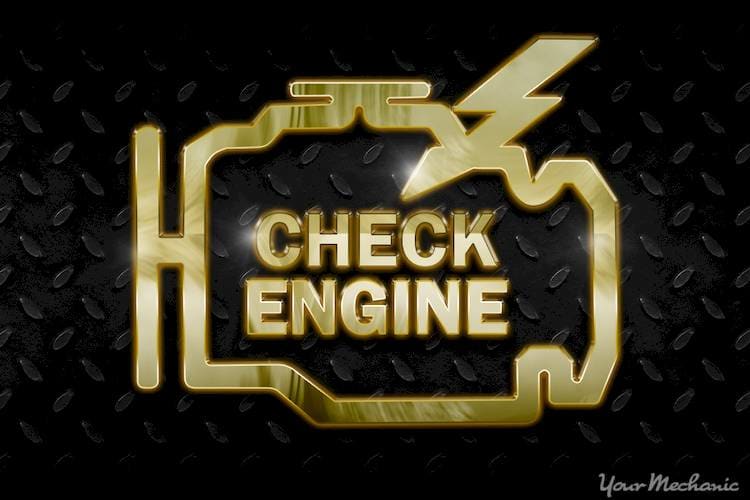B1873 code definition
The B1873 trouble code signals a malfunction from the turn signal and hazard light power feed circuit.
What the B1873 code means
The B1873 code is a generic OBD-II trouble code that detects a turn signal and hazard light power feed circuit error, which controls the front and rear turn signal lights, which are also the hazard warning lights. If the body control module or powertrain control module (PCM) detects an abnormal voltage reading from the turn signal and hazard power feed circuit, then the B1873 code may be triggered.
What causes the B1873 code?
Some causes of the B1873 trouble code are:
- Open or short turn signal power feed circuit
- Blown fuse
- Defective turn signal flasher relay
- Burnt out turn signal bulbs
- Faulty turn signal switch
- Damaged wires and connectors in the turn signal system
What are the symptoms of the B1873 code?
When the B1873 code is stored, the turn signals and hazard warning lights likely won’t work.
How does a mechanic diagnose the B1873 code?
The B1873 code should be diagnosed with the help of a standard OBD-II trouble code scanner. A trained mechanic will use the scanner to view the freeze frame data and gather information about the code, as well as to check for the presence of additional trouble codes. If there are multiple codes present, then they will need to be diagnosed in the order that they appear in. The mechanic will then need to reset the trouble codes, restart the vehicle, and check for the presence of the B1873 code. If the code is no longer present, it was likely the result of an intermittent issue, or an erroneous trigger.
If the code remains detected, the mechanic will begin by testing the turn signal lights. If only some of them are failing to operate, then a blown bulb is the likely culprit. Next, the technician will visually inspect all of the electrical components in the turn signal system, and replace any damaged fuses, wires, and connectors. The voltage in the circuit will then need to be checked. If the problem persists, then the turn signal switch and flasher relay will require inspection.
After the mechanic replaces or repairs any components, the trouble codes should be reset, the vehicle restarted, and the B1873 code once again checked for. This helps the technician know as soon as the issue is resolved.
Common mistakes when diagnosing the B1873 code
The most frequently made errors when diagnosing this code come from a failure to abide by the OBD-II diagnosis protocol. The protocol should be stuck to at all times, step by step, as this helps increase the chance of a thorough inspection, and decrease the chance of improper repairs.
Often turn signal switches and flasher relays are unnecessarily replaced because the electrical components in the system were never checked.
How serious is the B1873 code?
A vehicle with a detected B1873 trouble code will likely have inoperable turn signals and hazard warning lights. Both of these are important safety features in any vehicle, and failure to have properly working turn signals can result in a hefty fix it ticket. For safety and practicality purposes, any vehicle experiencing a B1873 trouble code should be inspected as soon as possible.
What repairs can fix the B1873 code?
Repairs for the B1873 code include:
This code is a manufacturer specific code, which means that the definition varies by automaker. The B1873 code notes a turn signal and hazard power feed circuit issue in some cars, but represents an entirely different diagnostic error in other vehicles. It’s important for the mechanic to always be aware of the vehicle being worked on when diagnosing and inspecting the B1873 code.
Need help with a B1873 code?
YourMechanic offers certified mobile mechanics who will come to your home or office to diagnose and repair your vehicle. Get a quote and book an appointment online or speak to a service advisor at 1-800-701-6230.
OBD-II
trouble codes
B1873





